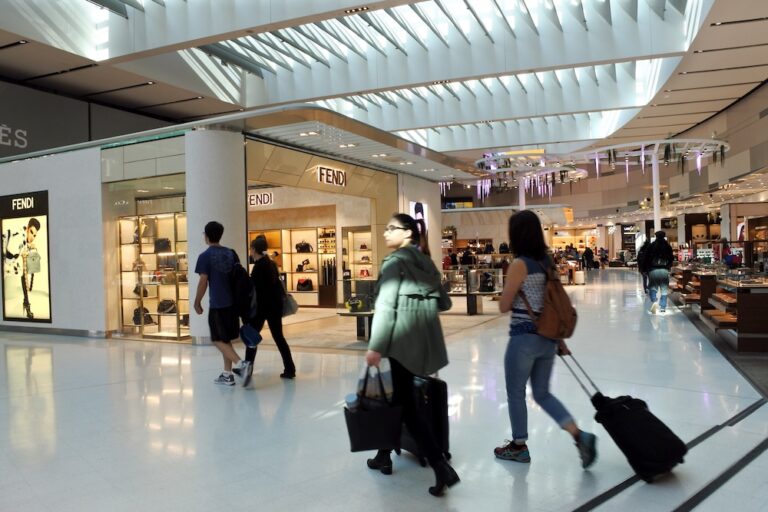Artificial intelligence has seeped into our lives in many ways, but most Australian travellers would still be hesitant to use AI to plan their holiday, a new study has found.
In a recent survey by Compare the Market, only around one in seven (15.3 per cent) respondents said they would be willing to let AI plan their next itinerary.
This means holidaymakers still value the human element of travel consultation, planning and interaction above an alternative that can pull anything from the internet instantaneously, which is great news for travel professionals. (And if you’re still scared AI could take your job, check out our guide on how to protect yourself.)

Predictably, younger demographics are more likely to utilise an AI-generated itinerary, with nearly a quarter of Gen Z (21.9 per cent) and Millennial (21.7 per cent) respondents saying they would do so.
Even still, these results are relatively low, given the recent rhetoric around the rise of AI for travel planning.
According to the study, more than half of each of these two groups answered with a firm ‘no’, while around a quarter were on the fence.

Unsurprisingly, Baby Boomers were the least likely to let artificial intelligence take over their travel planning, with just one in 14 (7.4 per cent) willing to follow an AI-led holiday. Another one in three (31 per cent) of Baby Boomers are undecided on the issue.
Despite the relatively high scepticism of AI itineraries, it’s likely the move towards AI-led travel planning, however slow, will continue.
“Clearly, we’re seeing the younger generation getting onto the AI bandwagon earlier than older generations,” Compare the Market travel expert Catriona Rowntree, said.

“Yet as the technology develops and becomes more readily accessible, perhaps we’ll see a shift in the uptake of using AI to create holiday plans across the board.
“These travel plans are a great way to get the juices flowing and think about ways you can put your trip together in a quicker time frame than if you are just starting from scratch.
“However, given that most of these services are in their infancy period right now, it may be best to double-check the AI-generated itineraries to see if they actually suit your needs and that there are no double-ups.”
More cost-effective?

Compare the Market Executive General Manager of General Insurance and travel insurance expert, Adrian Taylor, said AI-led plans could help when it comes to budgeting.
“We know that people are being extra conscious about their next holiday, given how hard the ongoing cost-of-living crisis is affecting their household budget,” he remarked.
“Going online and getting AI to plan such trips, may be a viable option for many people out there.”
Taylor added that whichever way travellers went, insurance would remain paramount.
“Whether you’re skiing in Switzerland or cruising around Cuba, you need to get travel insurance that is right for your needs,” he stated.
“In most cases, standard comprehensive travel insurance will not cover you for snow sports, adventure activities or cruises, as cover for these items will need to be purchased as an optional extra.
“So, whether you’re planning your next holiday or letting AI help, be sure to get travel insurance that will cover you for the activities you are planning on partaking in.”
The cost of travel insurance experienced double-digit growth in 2023, with the average policy rising 11 per cent from $337 to $375, recent Canstar research has found. Here’s how not to get ripped off in 2024.
The Compare the Market survey took into account the opinions of over 1,000 Australian adults aged 18 and over in November 2023.






